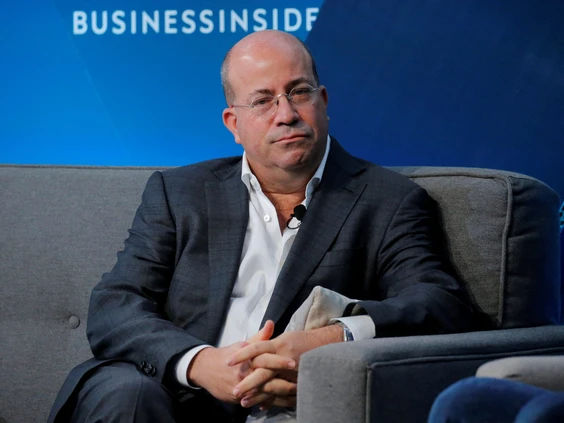Much has been written about the trucker convoy, but I won’t try to impress you with a flashy headline, I’ll just get to the point.
As my colleague Brian Lilley rightly points out this week, the media attention given to the convoy has been unequivocally negative; with some outlets quick to draw parallels to the Jan. 6 Capitol protests in Washington last year.
After some rousing debate I have come to some conclusions.
The convoy, to me, seems to have been initially formed by a group of unvaccinated workers seeking to challenge a federal vaccine mandate. It is plain to me that the decision to get vaccinated is black and white for many. For others it hasn’t been so easy. Some workers have legitimate reasons to pause before getting the jab. I know, because I represent some of them.
Limiting an employee’s access to their livelihood should rarely happen. If access must be limited, it should be done thoughtfully and with the utmost consideration.
The federal and provincial position on lockdowns in this country has felt like a ride on a carousel. Of course, the federal messaging regarding trucker vaccine exemptions was sloppy and didn’t illustrate the careful consideration it should have.
The repeated flip-flopping has given Canadians reason to question any further government imposition on their livelihoods.
In fact, Ontario’s Chief Medical Officer Dr. Kieran Moore asked employers in December to allow employees to work from home when possible. But just this past Thursday the province’s top doctor said, “We have let our lives be controlled for the last two years in a significant amount of fear and now we are going to have to change some of that thinking.”
Moore now says we simply have to learn to live with COVID despite the fear that has been instilled into the province about contracting that virus.
While the government reversal is welcome news, employees who have been laid off for months (if not more than a year) and employers that have had to shutter their doors time and again are, well, angry.
We saw this discontent bubbling up as the trucker convoy wound its way across our great provinces on route to Ottawa.
While some news reports have focused on the few supporters of the movement brandishing confederate flags and engaging in other unsavoury behaviour, the story can’t simply end there. Protests can evolve and seemingly branch off to fight for broader issues that are not worthy of support. But framing the protest as one that is solely focused on those branched off issues is dangerous.
Let’s not lose the ball here.
The focus should be on how government mandates impact employees of all stripes.
The focus should be on reviving our small business employers and giving them a fighting chance without further unpredictable hurdles.
The government response to COVID has politicized our workplaces. Employees have lost their way and employers have lost their faith.
It would have been easy for me to attack the conduct of the trucker convoy, suggesting their employers should think twice about allowing them back to work once their dalliance with political activism ends. But the fact is that the trucking industry is hurting. It is suffering a worker shortage much like the rest of Canada. Trucking employers will have to listen. The government should too.
On to your questions for this week:
Q. My company does not have a social media policy. I have noticed embarrassing videos being posted by some of the employees of my company. Should we have one?
A. Employers may not need a separate “policy” with respect to expectations concerning the use of social media. Employers can create memos or document their social media expectations in an employment agreement. Employers should communicate to employees that employees are considered to be ambassadors of the organization both on and off the clock. Social media posts that are contrary to the vision and mandate of the organization may be the subject of review. Mandates on social media should be considered carefully. Employers must be careful to ensure that any social media policy does not infringe on an employee’s ability to express themselves outside of work.
Q. I have received a job offer that mostly looks good, but there are some terms I would like to make some changes to. The new employer wants me to confirm my start date but I haven’t yet resigned from my current place of employment. Is it safe to resign while I am still negotiating?
A. No. Employment offers that contain terms that you are not aligned with may take days or weeks to negotiate. It is prudent to get legal advice prior to agreeing to a new offer of employment, and ensure that you understand all the terms as well as the potential consequences you may face as a result of signing a new contract. Pay special attention to terms referring to bonuses and termination, as well as the right to lay off employees or change duties after employment begins.
Have a workplace issue? Maybe I can help! Email me at sunira@worklylaw.com and your question may be featured in a future column.
The content of this article is general information only and is not legal advice.




